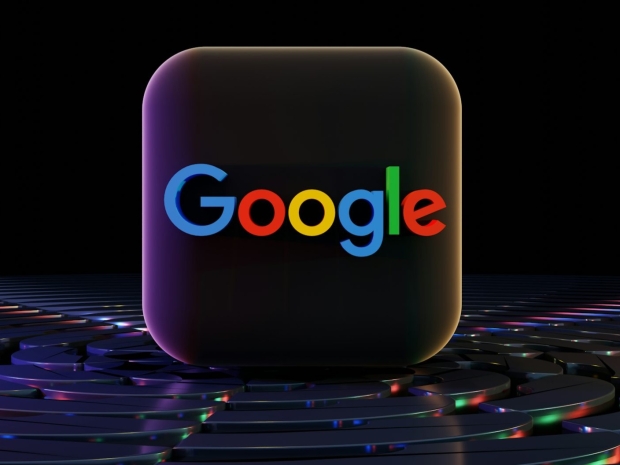The tech behemoth said third-quarter revenue jumped 16 per cent to $102.3 billion, while net income climbed 33 per cent to $35 billion. The cocaine nose jobs of Wall Street were suitably impressed, sending shares up more than six per cent in after-hours trading.
Chief executive Sundar Pichai said, “We’re seeing AI now driving real business results across the company.”
The AI gold rush is proving costly. Alphabet lifted its forecast for capital expenditure this year to between $91 billion and $93 billion, up sharply from $52.5 billion in 2024. Most of that will go towards building new data centres to feed its insatiable machine-learning appetite.
Google’s cloud division was the star performer, pulling in $15.2 billion in revenue for the quarter, up 34 per cent year on year, as demand for AI infrastructure soared. The search and advertising side chipped in, with search revenue rising nearly 15 per cent to $56.6 billion and YouTube bringing in $10.3 billion, up 15 per cent.
The company has been stuffing AI features into everything it can find. Its Gemini chatbot boasts more than 650 million monthly users, with queries tripling since the second quarter.
While AI is transforming the business, it’s also shaking up the workforce. YouTube told staff this week that it plans to reorganise leadership and offer voluntary severance packages to some US employees, according to an internal memo.
Several other divisions, including search and advertising, have already offered similar deals this year as Alphabet looks to trim costs and redirect cash to AI.
Alphabet dodged a bullet in September when US District Judge Amit Mehta stopped short of imposing harsh antitrust penalties over its search monopoly.
The judge ruled that Google couldn’t pay to be the exclusive search engine on devices and browsers but rejected tougher remedies, noting that the AI boom has changed the competitive landscape.
That decision allowed Google to continue paying the Fruity Cargo Cult Apple more than $20 billion a year to remain the default search provider on Safari, a tidy little arrangement that both parties will be keen to keep.
The search giant still faces a separate antitrust battle over its advertising business. US District Judge Leonie Brinkema previously found that Google had illegally monopolised online auction technology, and a new phase of the case will decide what punishment fits.
In New York, another judge handed publishers and advertisers a partial win this week, ruling that Google couldn’t relitigate Brinkema’s earlier findings.




